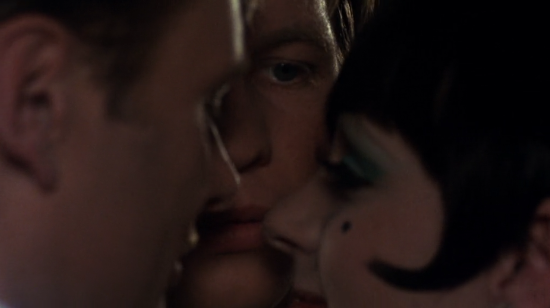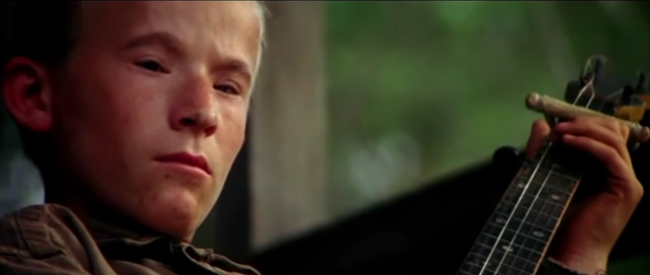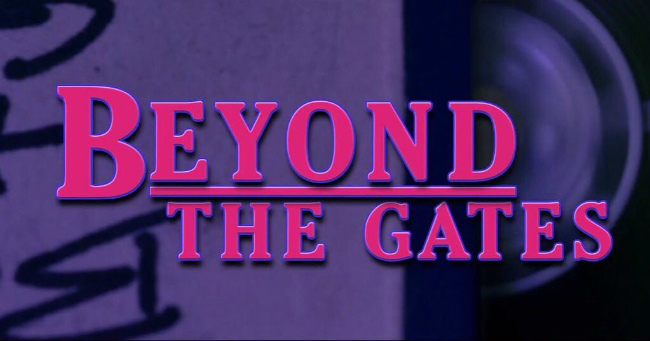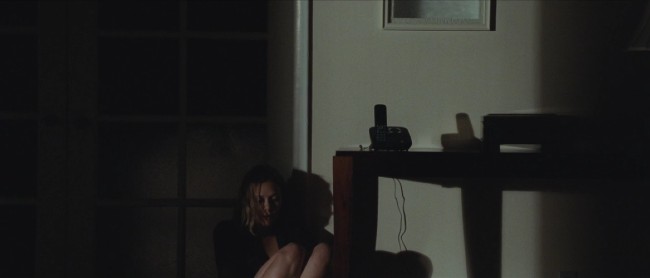A Best Picture This Feature Presentation: 1972 Movie Round Up

In our newest Best Picture This we round up the movies, see which ones were keepers, which ones were kicked, and reveal our top 10 of 1972.
When people talk about great years for movies if they don’t mention 1972 run, run fast and far. 1972 was a banner year for cinema. The New Hollywood esthetic was gathering steam. Westerns were still being made, but by the end of the decade they would be few and far between. Blaxploitation movies were still filling theaters with releases like Super Fly, Black Mama White Mama, Blacula, and Slaughter. Yes, 1972 was banner year indeed.
If there is anyone out there that still don’t know how the Oscars work, here is a brief primer. Every year a lot of movies are released. After much politicking, deal making, and backroom deals, the members of the Academy of Science and Arts vote for movies in several different categories. Those movies are cut down to a few for each category.
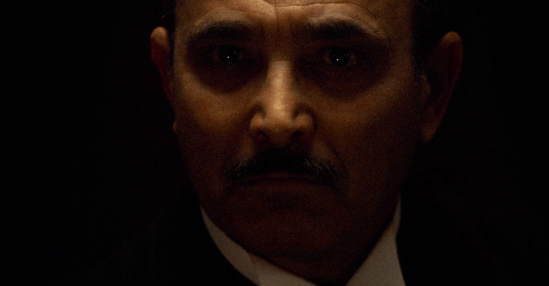
The following year, a ceremony full of pomp and circumstance, is held. Usually, these ceremonies last anywhere from 3 to 24-hours (I joke, but some years it feels like it). Past Oscar winners announce nominees in each category and then the winner is announced. The winner goes to the stage to take their award and before they can finish the orchestra starts playing. This, in an eggshell, is how the Academy and the Oscars work.
For the past couple of weeks we’ve dived into the Best Picture nominees at the 1973 Academy Awards. We’ve kicked one, definitely kept three, and one is on the fence. With no further adieu, let’s start the 1972 round up.
KICKED
The first movie we kicked was Sounder. As good as the movie is there are a couple of issues with it that lead to its kick. The first, everything seems rosy. The movie is about sharecroppers. Sharecroppers in the turn of the 20th century were one step up about slaves. Many of the characters in Sounder would have either been slaves or told about slavery by their parents and grandparents. We get none of this in the movie. Nor do we get any sense of what actually working on a chain gang was like. One moment Nathan is on a chain gang the next moment he’s back home with a smile on his face.
After much back and forth it was decided to kick Cabaret. The editing is terrific, the cinematography is good, the music, and the choreography are exceptional. The added back drop of the movie being set before the Nazis took over Germany adds a certain dread to the movie.
Why was it kicked? The reason is simple. It was kicked because none of the characters, other than Natalia, are likeable. It’s not required to like the characters in any movie. Usually, at least, the main cast of characters are likeable. We have to relate to them on some level for there to be a connection. This isn’t the case in Cabaret. In the end, if we can’t relate to or like the main characters, then what do we have? A movie with some great edits and cinematography. It wasn’t enough to keep Cabret from being kicked.
KEEPERS
The keepers in our mini dive into the Best Picture nominees at the 1973 Academy Awards were The Emigrants, Deliverance, and The Godfather. Each is a solid movie delivering great performances, direction, and editing. All three movies are successful in what they sent out to do. I highly recommend each if you have not already seen them.
Here are our final results of 1972:
The top 5
The Godfather.
Deliverance.
The Emigrants.
Cries and Whispers, directed by Ingmar Bergman.
The Ruling Class, directed by Peter Medak.
Runner ups that didn’t quite crack the top 5:
Pink Flamingos, directed by John Waters.
Slaughterhouse Five, directed by George Roy Hill.
Across 110th Street, directed by Barry Shear
Fat City, directed by John Huston.
There we have it, folks. Our mini journey through 1972 is complete. We may be finished with 1972, but we’re not done with the Best Pictures. There’s a lot more coming down the pike. Stay tuned.

